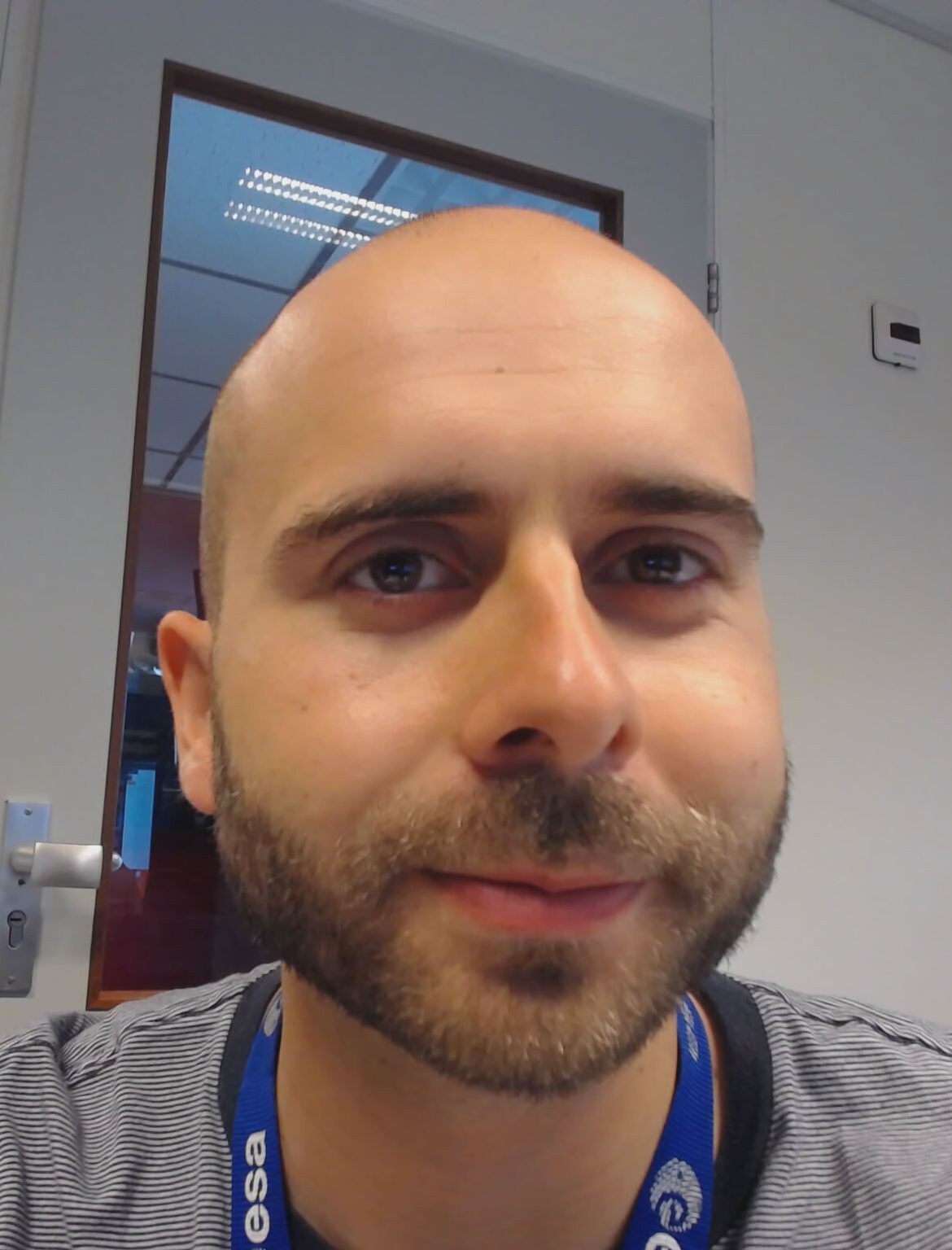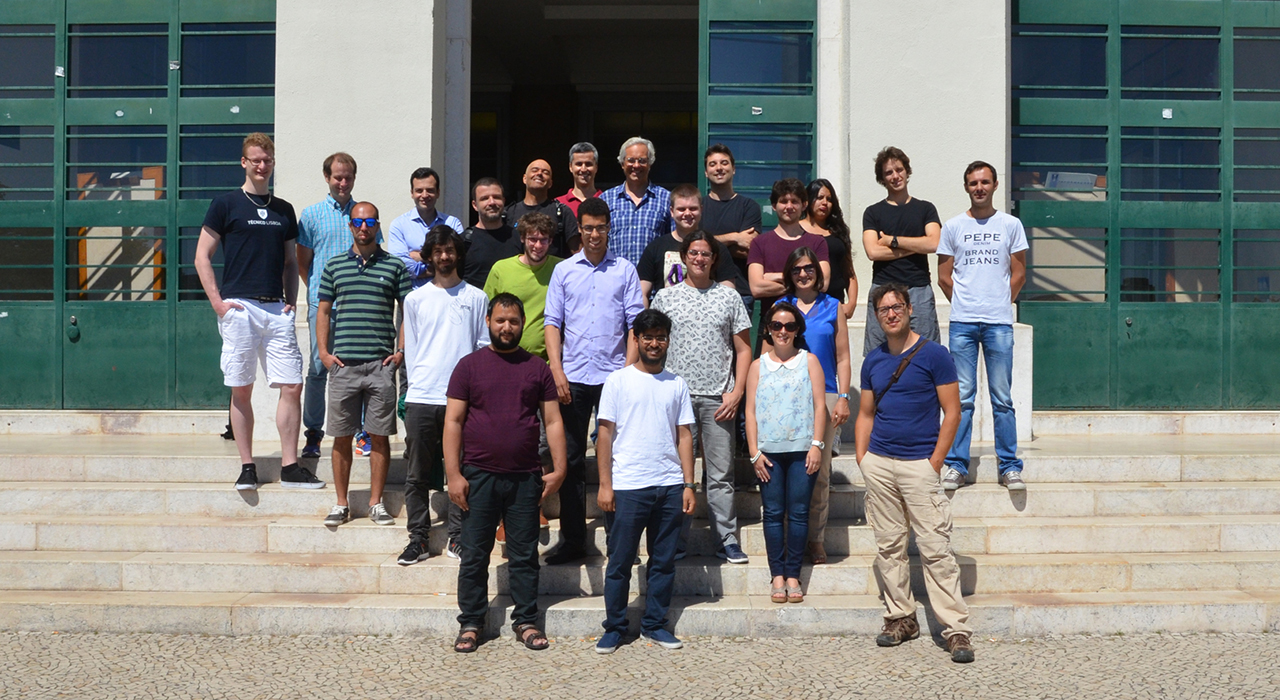
Workshop on Parallel Computing for Fusion - Lisbon, Portugal
Based on eye witness reports by Sérgio Agostinho & Georgiy Zadvitskiy.
Powered by FuseNet
From 20th to 23rd of June 2016, a workshop on Parallel Computing for Fusion was organised by the Instituto Superior Técnico (IST) in Lisbon. The event was intended for Master and PhD students who wanted to learn more about advanced computing, especially on the topic of parallelization. The workshop started with a general introduction to computing in the field of nuclear fusion based on the European approach for ITM (Integrated Tokamak Modeling). During the second and third day, lectures and hands-on exercise blocks were given, that included crash courses on CUDA, OpenMP and MPI.
 Especially those courses, were the main reason for Sérgio Agostinho, a Portuguese PhD student at the Signal Processing Group of the Instituto de Sistemas e Robótica (affiliated with IST), to sign up for the workshop. "Expertise on both [frameworks] constitutes a powerful toolset for developing very efficient implementations of the algorithms I'll be working on, over the course of my PhD.", Sérgio says. Sérgio is doing his PhD in the field of Computer Vision (CV), focusing on Structure from Motion. Furthermore, he’s also a maintainer of the Point Cloud Library (PCL) open source project, a popular library in CV and robotics. "As a maintainer, [he’s] responsible for reviewing contributions to the library made by the community and fixing bugs, some of them made with CUDA and OpenMP."
Especially those courses, were the main reason for Sérgio Agostinho, a Portuguese PhD student at the Signal Processing Group of the Instituto de Sistemas e Robótica (affiliated with IST), to sign up for the workshop. "Expertise on both [frameworks] constitutes a powerful toolset for developing very efficient implementations of the algorithms I'll be working on, over the course of my PhD.", Sérgio says. Sérgio is doing his PhD in the field of Computer Vision (CV), focusing on Structure from Motion. Furthermore, he’s also a maintainer of the Point Cloud Library (PCL) open source project, a popular library in CV and robotics. "As a maintainer, [he’s] responsible for reviewing contributions to the library made by the community and fixing bugs, some of them made with CUDA and OpenMP."
Georgiy Zadvitskiy, who is currently doing his PhD at the Universite de Lorraine, also attended the workshop on parallel computing. "The course has been very useful for me", he states. "The lectures were very clear and understandable, even though their difficulty varied quite a lot depending on the subject. The same is true for the exercises; some of them were pretty easy and some of them were quite difficult, especially since they exactly covered the gaps in knowledge after the corresponding lectures. The people from the organisation and the lecturers were very kind and no question stayed unanswered."

Sérgio would recommend the workshop to anyone: “If you have the opportunity to take it, don’t miss the chance.” Parallel computing becomes increasingly important and the workshop “provided a hands-on introduction on three different types of frameworks which cover most needs, in terms of parallelization, a developer might have." Georgiy adds: "The workshop had a great programme, combined with good housing and a nice atmosphere in a wonderful city. It was a great success! I would like to thank the organisation and FuseNet for this great possibility to acquire so much new knowledge, of which I am sure that I will use it in the near future."
In an earlier article about the Parallel Computing workshop, we have featured the story of Matúš Cvengroš. Click here to go to that article!
